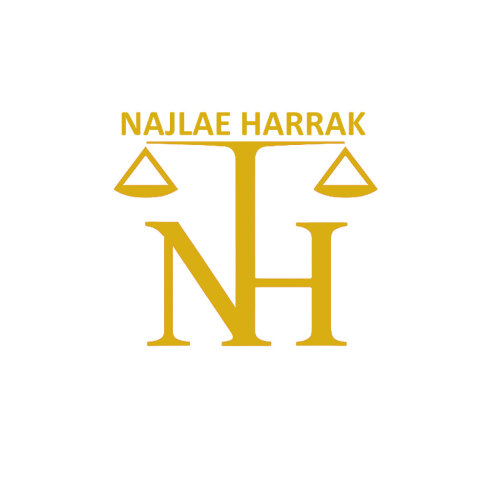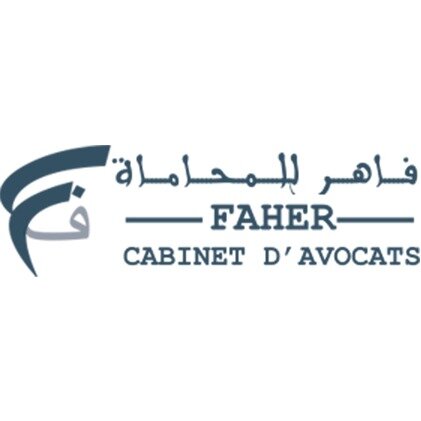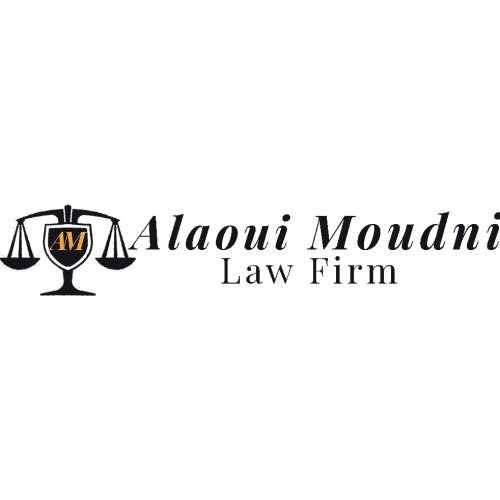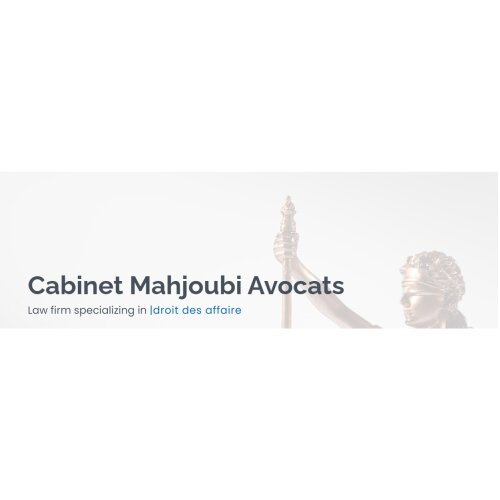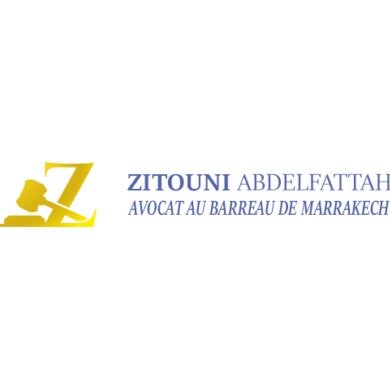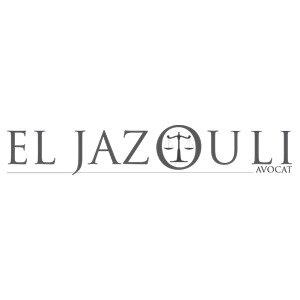Best Arrests & Searches Lawyers in Morocco
Share your needs with us, get contacted by law firms.
Free. Takes 2 min.
Or refine your search by selecting a city:
List of the best lawyers in Morocco
About Arrests & Searches Law in Morocco
In Morocco, arrests and searches are governed by the Moroccan Penal Code and the Code of Criminal Procedure. These laws provide a framework for law enforcement agencies to conduct arrests and searches while balancing the rights of individuals. The legal process is designed to ensure that any infringement on personal liberty is justified, with authority derived either from a warrant or a situation defined by law that permits warrantless action. Understanding these legal principles can help individuals navigate encounters with law enforcement more effectively.
Why You May Need a Lawyer
Engaging a lawyer is critical in several situations involving arrests and searches. If you are arrested or detained, a lawyer can help you understand your rights and work towards your release. If a search of your property is conducted or threatened, legal counsel can assess the legality of the search and advise on any potential violations of your rights. A lawyer is also essential if you face criminal charges resulting from an arrest or search, as they can represent you in court, negotiate plea deals, or seek dismissal of charges.
Local Laws Overview
The key aspects of Moroccan law concerning arrests and searches include:
- Arrests: An arrest may be made with or without a warrant. A warrant must be issued by a competent authority and specify the reasons for the arrest. In some urgent cases, where a crime is being committed, the police may arrest without a warrant.
- Searches: Searches typically require a warrant, except in circumstances where the law allows for searches without one, such as if there is a direct threat to public safety or evidence is at risk of being destroyed.
- Due Process: Upon arrest, individuals have the right to be informed of the reasons for their arrest, the right to legal representation, and the right to a fair trial.
- Detention: Detainees have the right to contact their family and a lawyer, and there are limits on how long someone can be held without charge.
Frequently Asked Questions
What should I do if I am arrested?
Remain calm, do not resist the arrest, and ask to contact a lawyer as soon as possible. Avoid making any statements without your lawyer present.
Do police officers in Morocco need a warrant to search my home?
Yes, in most cases, police require a warrant to search your home. However, exceptions exist for situations like emergencies or when evidence might be destroyed.
Can the police stop and search me without any reason?
No, police need reasonable suspicion to stop and search you. However, certain areas may be subject to increased security measures where searches are more common.
What are my rights if detained at a police station?
You have the right to remain silent, to know the charges against you, to legal representation, and to contact your family or others as necessary.
How long can I be detained without being charged?
The maximum period for detention without charge is generally 48 hours, extendable by a judicial authority in specific circumstances.
What is the role of my lawyer during an investigation?
Your lawyer will ensure your rights are respected, provide legal advice, and help prepare your defense if charges are brought against you.
Can I challenge an illegal search or arrest?
Yes, with the help of a lawyer, you can challenge an illegal search or arrest in court, which may lead to evidence being excluded from your case.
What should I do if I witness an arrest or search incident?
Stay at a safe distance, avoid interfering with law enforcement, and consider documenting the event if safe and legal to do so.
Are there any specific rights for foreigners concerning arrests in Morocco?
Foreigners have the right to consular assistance, which means they can contact their embassy or consulate in addition to a lawyer.
Can I get legal aid if I cannot afford a lawyer?
Yes, the Moroccan legal system provides for legal aid in certain situations. You can inquire about this option if you are facing serious charges and cannot afford legal fees.
Additional Resources
Those seeking legal advice or assistance can contact the following resources:
- Moroccan Bar Association: Provides professional listings for licensed lawyers in Morocco.
- Local Legal Aid Offices: Offer help to those who meet certain criteria and cannot afford private legal services.
- Moroccan Ministry of Justice: Can provide information on the legal system and processes relevant to criminal procedures.
- Embassies and Consulates: Foreign nationals can contact their embassy or consulate for assistance and guidance.
Next Steps
If you need legal assistance regarding arrests and searches in Morocco, here are some next steps you can take:
- Contact a qualified lawyer with experience in criminal law to discuss your situation.
- Gather and preserve any relevant documentation or evidence related to your case.
- Prepare a list of questions or concerns to discuss with your legal counsel.
- If French or Arabic is not your first language, consider arranging for translation services to facilitate communication with legal professionals.
- In case of arrest, request to contact your lawyer and ensure your family or acquaintances are informed.
Lawzana helps you find the best lawyers and law firms in Morocco through a curated and pre-screened list of qualified legal professionals. Our platform offers rankings and detailed profiles of attorneys and law firms, allowing you to compare based on practice areas, including Arrests & Searches, experience, and client feedback.
Each profile includes a description of the firm's areas of practice, client reviews, team members and partners, year of establishment, spoken languages, office locations, contact information, social media presence, and any published articles or resources. Most firms on our platform speak English and are experienced in both local and international legal matters.
Get a quote from top-rated law firms in Morocco — quickly, securely, and without unnecessary hassle.
Disclaimer:
The information provided on this page is for general informational purposes only and does not constitute legal advice. While we strive to ensure the accuracy and relevance of the content, legal information may change over time, and interpretations of the law can vary. You should always consult with a qualified legal professional for advice specific to your situation.
We disclaim all liability for actions taken or not taken based on the content of this page. If you believe any information is incorrect or outdated, please contact us, and we will review and update it where appropriate.
Browse arrests & searches law firms by city in Morocco
Refine your search by selecting a city.



